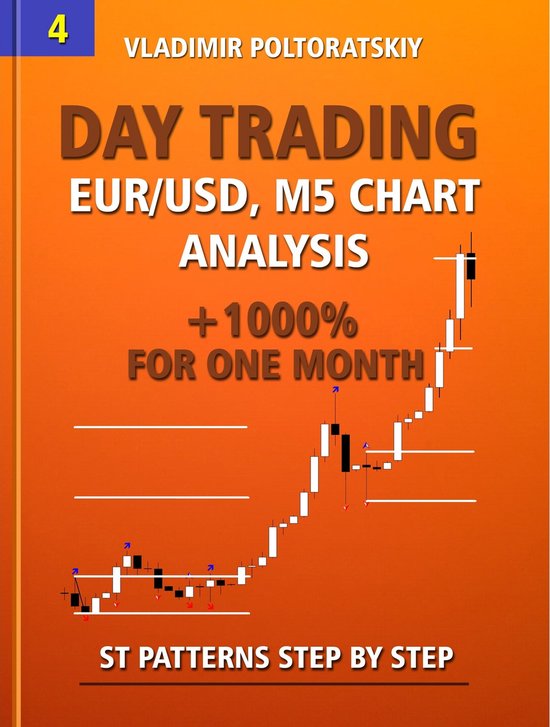
You've probably heard of residential REITs. But are you aware how to invest in them. First, be aware that these investments carry risks. The residential REITs are listed on major stock exchanges. In order to search for them, you will need a platform. Robinhood or Webull will allow you to locate simple tickers and not charge commissions. These platforms offer free trials to help you decide if they're right for you.
BRE Properties Inc.
BRE Properties Inc., a publicly traded real property investment trust, is BRE. It is focused on real-estate development, acquisition, and management. The company has assets located in Seattle and California. BRE shareholders are mostly investors. Although its shares have been declining in recent years, investors may want to consider a buyout offer. If they want strong rental returns, investors can also look into the real-estate sector.

After completing the Essex Property Trust (ESS) acquisition, BRE and ESS will merge into a new company. The combined company will be worth $16.2 billion in market capitalization and $11.1 billion equity market capitalization. Its common stock will trade on the New York Stock Exchange under the symbol ESS. This deal will create a company that has approximately $56,000 in multifamily units and $239 properties in the three regions.
Camden Property Trust
Investors may want to consider investing in Camden Property Trust apartment reits. The multifamily realty company is actively involved in the construction of multifamily apartment blocks across the United States. Its portfolio includes a variety of products that are likely to increase rent growth. The shares have gained 13.5% in the past three months. The company anticipates strong revenue growth in 2022. Camden Property Trust offers a diverse portfolio of apartment homes in different market sectors that investors can consider investing in.
Over the years, the company has managed to maintain a healthy balance sheet and low-leverage profile. It is actually one of the most balanced in the sector. Camden is an attractive place to live and work. For fourteen years, it has been ranked among Fortune's 100 best companies to work for. The company is committed to providing excellent customer service and is a great place for employees.
Equity Residential
Equity Residential Investment Trust currently owns 291 communities of apartments in 11 states. There are 86.025 apartments. It has 18 communities under development and one in the redevelopment phase. The REIT develops, acquires, and redevelops apartment communities. There is an expansion market for the REIT. Although the company does not disclose its specific strategies, it says that its strategy is based upon research and analysis. For instance, the company has chosen to invest in major metro areas with diverse economic foundations and employment growth above the national average and a relatively resilient economy. It also focuses upon the development and maintenance of high-quality apartment communities and renters.

Investors need to keep an eye on housing market as many people have relocated to suburban areas because of the economic recession. In theory, suburban properties should be more successful than urban properties. Apartment Income REIT, despite being less popular than urban properties, has seen a greater recovery from the recent housing crisis. It owns fewer apartments than other apartment REITs and has more Class B- and C+ properties in its property portfolio.
FAQ
What is the role of the Securities and Exchange Commission?
The SEC regulates securities exchanges, broker-dealers, investment companies, and other entities involved in the distribution of securities. It also enforces federal securities laws.
What's the difference between marketable and non-marketable securities?
Non-marketable securities are less liquid, have lower trading volumes and incur higher transaction costs. Marketable securities can be traded on exchanges. They have more liquidity and trade volume. You also get better price discovery since they trade all the time. However, there are some exceptions to the rule. For example, some mutual funds are only open to institutional investors and therefore do not trade on public markets.
Marketable securities are more risky than non-marketable securities. They are generally lower yielding and require higher initial capital deposits. Marketable securities are generally safer and easier to deal with than non-marketable ones.
A bond issued by large corporations has a higher likelihood of being repaid than one issued by small businesses. Because the former has a stronger balance sheet than the latter, the chances of the latter being repaid are higher.
Because they can make higher portfolio returns, investment companies prefer to hold marketable securities.
Why are marketable Securities Important?
An investment company's main goal is to generate income through investments. This is done by investing in different types of financial instruments, such as bonds and stocks. These securities offer investors attractive characteristics. They can be considered safe due to their full faith and credit.
A security's "marketability" is its most important attribute. This is how easy the security can trade on the stock exchange. A broker charges a commission to purchase securities that are not marketable. Securities cannot be purchased and sold free of charge.
Marketable securities include common stocks, preferred stocks, common stock, convertible debentures and unit trusts.
These securities are often invested by investment companies because they have higher profits than investing in more risky securities, such as shares (equities).
How can I select a reliable investment company?
It is important to find one that charges low fees, provides high-quality administration, and offers a diverse portfolio. The type of security in your account will determine the fees. Some companies don't charge fees to hold cash, while others charge a flat annual fee regardless of the amount that you deposit. Others charge a percentage based on your total assets.
You also need to know their performance history. If a company has a poor track record, it may not be the right fit for your needs. Avoid companies that have low net asset valuation (NAV) or high volatility NAVs.
Finally, it is important to review their investment philosophy. Investment companies should be prepared to take on more risk in order to earn higher returns. If they aren't willing to take risk, they may not meet your expectations.
Are stocks a marketable security?
Stock is an investment vehicle that allows you to buy company shares to make money. This can be done through a brokerage firm that helps you buy stocks and bonds.
You can also directly invest in individual stocks, or mutual funds. There are more than 50 000 mutual fund options.
The key difference between these methods is how you make money. Direct investment earns you income from dividends that are paid by the company. Stock trading trades stocks and bonds to make a profit.
In both cases, you are purchasing ownership in a business or corporation. If you buy a part of a business, you become a shareholder. You receive dividends depending on the company's earnings.
Stock trading gives you the option to either short-sell (borrow a stock) and hope it drops below your cost or go long-term by holding onto the shares, hoping that their value increases.
There are three types stock trades: put, call and exchange-traded funds. Call and put options give you the right to buy or sell a particular stock at a set price within a specified time period. ETFs, also known as mutual funds or exchange-traded funds, track a range of stocks instead of individual securities.
Stock trading is very popular since it allows investors participate in the growth and management of companies without having to manage their day-today operations.
Stock trading is not easy. It requires careful planning and research. But it can yield great returns. It is important to have a solid understanding of economics, finance, and accounting before you can pursue this career.
Statistics
- The S&P 500 has grown about 10.5% per year since its establishment in the 1920s. (investopedia.com)
- Our focus on Main Street investors reflects the fact that American households own $38 trillion worth of equities, more than 59 percent of the U.S. equity market either directly or indirectly through mutual funds, retirement accounts, and other investments. (sec.gov)
- Ratchet down that 10% if you don't yet have a healthy emergency fund and 10% to 15% of your income funneled into a retirement savings account. (nerdwallet.com)
- Even if you find talent for trading stocks, allocating more than 10% of your portfolio to an individual stock can expose your savings to too much volatility. (nerdwallet.com)
External Links
How To
What are the best ways to invest in bonds?
You will need to purchase a bond investment fund. While the interest rates are not high, they return your money at regular intervals. These interest rates are low, but you can make money with them over time.
There are many options for investing in bonds.
-
Directly buy individual bonds
-
Buy shares of a bond funds
-
Investing through an investment bank or broker
-
Investing through a financial institution.
-
Investing through a Pension Plan
-
Invest directly through a stockbroker.
-
Investing via a mutual fund
-
Investing in unit trusts
-
Investing through a life insurance policy.
-
Investing with a private equity firm
-
Investing in an index-linked investment fund
-
Investing through a Hedge Fund